
Covid-19 treatments research
Smart Separations launches revolutionary filter technology to destroy viruses
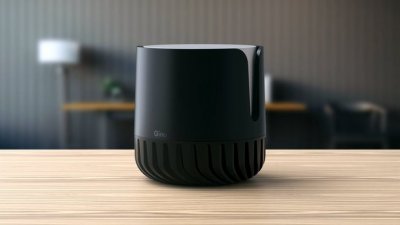
In response to Covid-19, Surrey Research Park tenant business, Smart Separations, a microfiltration company, launched Gino, a personal air sanitiser that destroys microbes in the air.
It uses their ViraTeq™ revolutionary lightless filter coating which is proven against coronavirus and other viruses, bacteria and fungi. Gino has an elegant, unobtrusive and economical design and a very low running cost.
Investigating functional change of antibodies in Covid-19
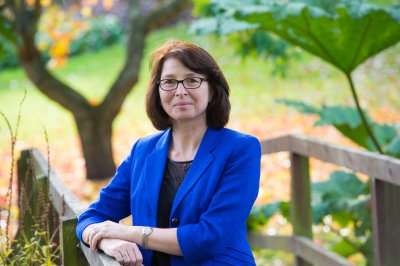
Professor Deborah Dunn-Walters (pictured) and Dr Alexander Stewart are studying blood samples from Frimley Park Hospital to characterise the dynamics of class switching in B cells during Covid-19 infection. This is where disease-specific antibodies change their function, e.g. from IgM to IgG or IgA. This will provide information to inform later studies assessing vaccine responses and may help to identify biomarkers of disease severity. Together with Dr Natalie Riddell and Dr Fernando Martinez Estrada all samples undergo immunophenotyping.
Fold for Covid supported by Surrey research
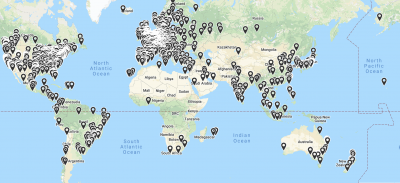
Rosetta@home is a long-standing citizen science project to support protein structure research. Now, Rosetta@home has teamed up with Balena, a company that was set up to exploit the Department of Computer Science digital economy research led by Professor Paul Krause, to create Fold for Covid in which spare computers from around the world, from Raspberry Pi to old laptops and desktops can be used to help researchers look for proteins that bind to the infamous ‘spike’ protein on Covid-19.
UK-wide research will look at impact of Covid-19 on early cancer diagnosis
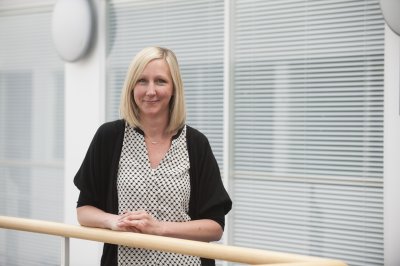
Dr Katriina Whitaker (pictured) is working with the University of Cardiff, King’s College London and Cancer Research UK to understand the impact of Covid-19 on cancer attitudes and behaviours. The message to “stay home, protect the NHS, save lives” and the suspension of cancer screening programmes sent a strong message that “cancer can wait”. This UKRI funded project will help develop clear public health messages to encourage early detection and prevention.
Link identified between dietary selenium and outcome of Covid-19 disease
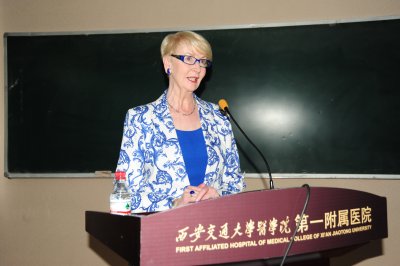
Professor Margaret Rayman (pictured) has led an international team of researchers in identifying a link between the Covid-19 cure rate and selenium status. Selenium is an essential trace mineral known to affect the severity of a number of viral diseases in animals and humans; its intake varies markedly across China. The Covid-19 cure rate in different Chinese cities was found to be significantly associated with selenium status, measured by the amount of selenium in people’s hair in those cities.
Studying the role of blood coagulation activation and development of thrombi that occurs in lungs of Covid-19 patients
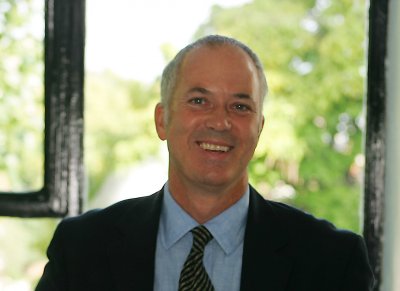
Professor John McVey (pictured) is working with collaborators at the Royal Free London NHS Trust to understand the role of blood coagulation activation and the development of thrombi that occurs in the lungs of patients with Covid-19. They are profiling a range of markers of inflammation, lung and blood vessel damage as well as blood coagulation in the plasma of these patients. It is hoped this will further our understanding of this life-threatening complication of this devastating infection and lead to more effective treatment.